According to the Criminal Police Department of Ho Chi Minh City Police, 'online kidnapping' is a form of high-tech fraud, targeting students - an age group that is vulnerable, anxious, fearful and easily psychologically manipulated.
Immature mentality and skill gap
According to psychologist Dr. Dao Le Hoa An, member of the Central Executive Committee of the Vietnam Psychology Association, in reality, despite being intelligent or having good academic achievements, many young people can still fall into the trap of this type of crime. The primary reason comes from the physiological characteristics of the brain. In adolescence, the brain region that controls reason (prefrontal cortex) is not fully developed, while the area that processes emotions, especially fear, is very active. When forced into an emergency situation, emotions will "overwhelm" reason, causing children to react instinctively without having time to think carefully.
Another important factor that Dr. Hoa An calls “authority bias.” When the scammer identifies himself as a police officer or prosecutor, uses a stern voice and legal terminology, many children trust him completely and are willing to follow his instructions. This trick is even more dangerous when combined with the “isolation tactic” – that is, asking the victim to “keep absolute secrecy” and not contact anyone. When support and the opportunity to verify information are lost, the fear is amplified.
Besides, many children lack experience in coping, have never experienced a crisis situation like this, so when faced with a professionally staged scenario, they are easily overwhelmed, disoriented and follow the instructions of the bad guys.
Dr. Le Thi Mai Lien, Head of the Department of Psychology, University of Social Sciences and Humanities, Ho Chi Minh City, also said that one of the reasons why students are easily targeted in scams in general is that their critical thinking ability is still weak. "Those who fall into the trap often do little or no verification of information, easily believing what strangers say," Dr. Lien commented. In addition, according to Dr. Lien, the protection of personal information on social networks of young people is still lax, unintentionally creating conditions for bad guys to track their habits, relationships, places they have visited, etc. From there, bad guys can easily make up "seemingly reasonable" accusations and hit the right fear of the victim.

"Online kidnapping" is a high-tech scam targeting young people, especially students.
PHOTO: YEN THI
Master Le Minh Tien, lecturer of sociology at Ho Chi Minh City Open University, said that the impact of technology and artificial intelligence (AI) makes fake tricks harder to detect. Without enough knowledge and skills to distinguish between real and fake, victims easily consider fake information as real.
"Revealing personal information, unpredictable consequences"
According to Dr. Mai Lien, not only students but also parents often share personal information on social networks quite "freely". Dr. Lien believes that the use of social networks also needs to have limits. Dr. Lien emphasized that we should not share personal information, family information, images of relatives and children on social networks to protect privacy and protect our own safety. "The current trend of fraud is very sophisticated and reckless, if we are careful from now on, we will minimize the risk of revealing personal information to bad guys and unpredictable consequences", Dr. Lien added.
Master Truong Quang Tri, Deputy Head of the Student Affairs Department of Nguyen Tat Thanh University, said that the school has organized many thematic activities, disseminated via website, fanpage, email to guide students to identify and handle fraudulent situations. Master Tri emphasized how to protect personal information: "Absolutely do not provide OTP codes, do not click on strange links, do not share student ID card or CCCD photos publicly on social networks. In the digital age, just one personal information exploited for the wrong purpose can cause unpredictable consequences."
Master Le Minh Tien shared that if students suspect they have fallen into a trap, they must immediately inform their families, schools and relevant parties about their situation because the tricks of scammers are to force them to keep it a secret, threaten them and not let them tell anyone. “If they keep silent, the victims will fall deeper and deeper into the trap of scammers. This is also a skill that students lack.”
4-step formula: "stop - breathe - check - connect"
Faced with the continuous occurrence of "online kidnapping", the Ministry of Education and Training has also issued a warning about the "online kidnapping" method of students, then asking their families to transfer ransom money with 3 specific steps.
According to Dr. Hoa An, equipping children with skills and raising awareness is extremely urgent to help them protect themselves from increasingly sophisticated tricks. Sharing about how to deal with "online kidnapping", Dr. Hoa An gave a simple 4-step formula: "stop - breathe - check - connect".

Warning from the Ministry of Education and Training and the 4-step formula of psychologist Dr. Dao Le Hoa An
GRAPHICS: YEN THI
Source: https://thanhnien.vn/canh-bao-bat-coc-online-vi-sao-hoc-sinh-sinh-vien-de-sap-bay-185250813164959571.htm


![[Photo] Prime Minister Pham Minh Chinh chaired a meeting of the Steering Committee on the arrangement of public service units under ministries, branches and localities.](https://vphoto.vietnam.vn/thumb/1200x675/vietnam/resource/IMAGE/2025/10/06/1759767137532_dsc-8743-jpg.webp)

![[Photo] Prime Minister Pham Minh Chinh chairs a meeting of the Government Standing Committee to remove obstacles for projects.](https://vphoto.vietnam.vn/thumb/1200x675/vietnam/resource/IMAGE/2025/10/06/1759768638313_dsc-9023-jpg.webp)



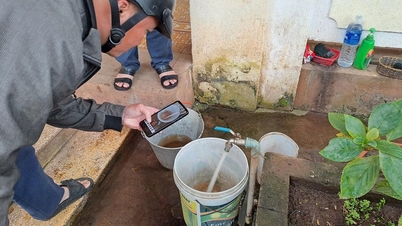









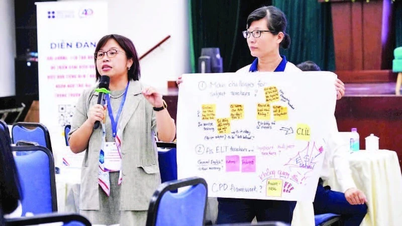

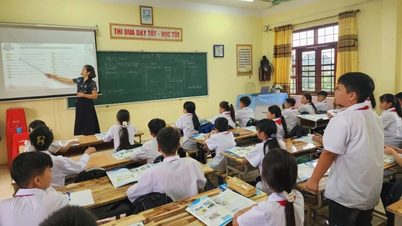

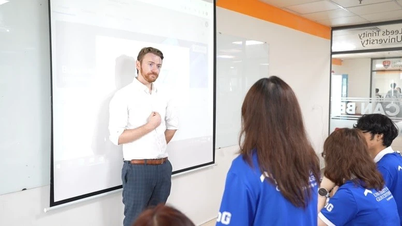





















































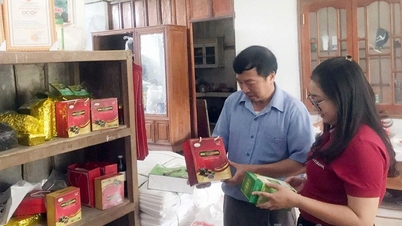




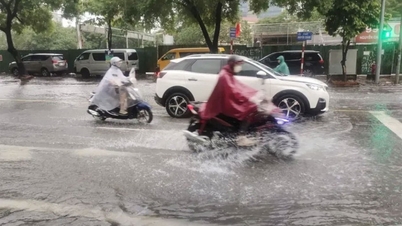



















Comment (0)